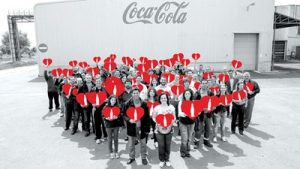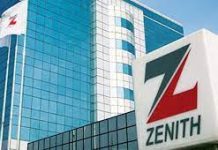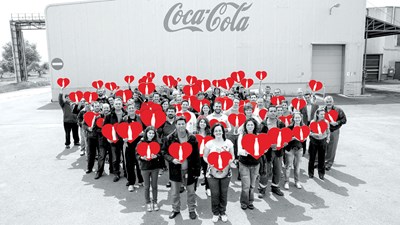DJSI, one of the most credible and widely recognized sustainability ranking for companies acknowledges Coca-Cola HBC for its robust, transparent and consistent sustainability performance


Coca-Cola HBC, a leading bottler of the brands of The Coca-Cola Company was named sustainability leader of the beverage industry by the Dow Jones Sustainability Indices assessment published today. The company achieved a total score of 90, which is 40 points higher than the industry average and 3 points higher than last year.
This is the ninth year Coca-Cola HBC has been included in the global assessment, as a result of its leading sustainability performance in 2015. During the year, Coca-Cola HBC continued to reduce its environmental footprint posting a double digit decrease of its carbon emissions. At the same time, it further reduced the amount of water used for producing a litre of beverage, as well as the amount of packaging materials, despite higher production and sales. Coca-Cola HBC was one of the first 12 companies in the world in 2015, to establish science-based carbon reduction targets for both direct and indirect operations. Putting an internal price on water and carbon in 2015 and committing to accounting for sustainability are practical ways how Coca-Cola HBC supports the global action to reach the Sustainable Development Goals adopted by the United Nations.
Coca-Cola HBC is the most diversified bottler in the Coca-Cola System, serving almost 600 million consumers across 28 established, developing and emerging countries on 3 continents. The company has invested €8.2 million – 2.3% of its 2015 pre-tax profit – in improving community wellbeing, focusing on 3 key areas: active lifestyle, environmental & water stewardship and youth development, in partnership with more than 230 NGOs.
2015 key performance highlights:
- 33.311 employees
- 43.000 suppliers
- €1.3 billion spent in direct procurement
- €271 million total taxes paid
- 11.7 % direct carbon emissions reduction year-on-year
- Energy use ratio improved by 7.2% year-on-year
- 19.4% increase of recycled PET usage year-on-year
- 87% sustainable engagement score











































